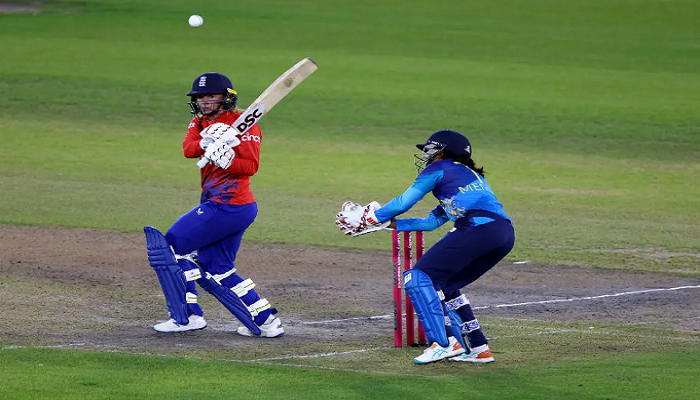ICC Implements Ban on Transgender Players in International Women’s Cricket: In a significant policy decision, the International Cricket Council (ICC) announced on Tuesday the prohibition of transgender cricketers from participating in women’s cricket at the highest international level. The new regulation dictates that transgender players who have undergone any form of male puberty will be barred from competing in international women’s games, irrespective of whether they have undergone surgery or gender reassignment treatment, as reported by The Guardian.

The ICC clarified that this decision, aimed at safeguarding the integrity of international women’s cricket and ensuring player safety, was the outcome of a nine-month consultation process with cricket stakeholders. The board finalized and approved the new policy after considering various perspectives.
Geoff Allardice, ICC Chief Executive, explained the rationale behind the decision, stating, “The changes to the gender eligibility regulations resulted from an extensive consultation process and is founded in science and aligned with the core principles developed during the review. Inclusivity is incredibly important to us as a sport, but our priority was to protect the integrity of the international women’s game and the safety of players.”
A source revealed that the trigger for this change was cricket’s inclusion in the 2028 Olympics. With cricket becoming an Olympic sport, the ICC has aligned its regulations with the guidelines set by the International Olympic Committee (IOC), emphasizing the global significance of the gender issue.
This decision comes two months after Danielle McGahey of Canada became the first transgender cricketer to participate in an official international match, competing in a Women’s T20 fixture against Brazil. However, due to the new ICC policy, McGahey, who transitioned from a man to a woman, will no longer be eligible to play in women’s international games.
It’s noteworthy that these rules currently apply to gender eligibility in international women’s cricket only, with the ICC emphasizing that decisions at the domestic level are the responsibility of individual Member boards and may be influenced by local legislation.
This move aligns cricket with other sports where transgender athletes have faced restrictions in elite women’s competitions, including swimming, cycling, athletics, rugby league, and rugby union. The decision raises discussions around the balance between inclusivity and maintaining fairness and safety in competitive sports.

